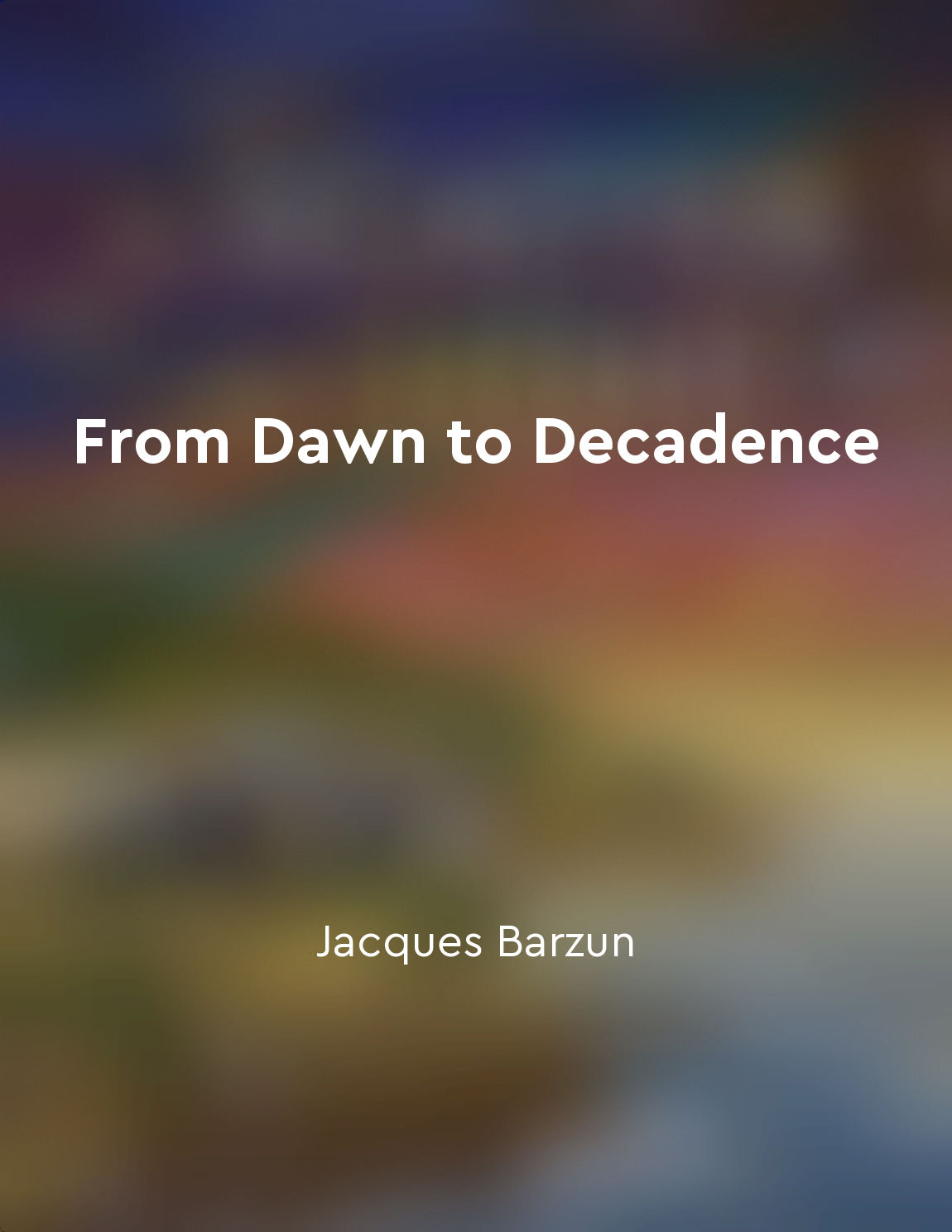Division is the strategy from "summary" of It Was All a Lie by Stuart Stevens
The concept of division as a political strategy is not new. It has been employed by politicians and leaders throughout history to rally support, maintain power, and achieve their goals. By creating divisions among the population, leaders can manipulate people's fears, prejudices, and insecurities to their advantage. Dividing people along racial, ethnic, religious, or political lines can be a powerful tool for those seeking to gain or hold onto power. By portraying certain groups as the "other" or as a threat to the majority, leaders can unite their supporters around a common enemy, thus solidifying their base of support. This strategy of division is especially effective in times of economic hardship, social unrest, or political uncertainty. When people feel uncertain or threatened, they are more likely to cling to their own identity and tribe, making them susceptible to the manipulation of leaders who seek to exploit these divisions for their own gain. In recent years, we have seen a rise in divisive rhetoric and politics, with leaders stoking fear and resentment among their supporters in order to maintain their grip on power. This approach has led to increased polarization, social unrest, and a breakdown of trust in institutions and in each other.- The strategy of division is a dangerous one, as it can lead to the erosion of democratic norms, the marginalization of certain groups, and the weakening of social cohesion. It is up to all of us, as citizens and as members of a society, to resist this strategy and work towards building a more inclusive, equitable, and united community.
Similar Posts
Open societies prioritize individual rights over collective goals
The essence of an open society lies in its commitment to the preservation of individual rights above all else. This core princi...
Partition of Bengal
The Partition of Bengal in 1905 was a significant event in the history of India's struggle for independence. It was a decision ...
Commodification leads to social upheaval
In the midst of the fervent embrace of market forces, the process of commodification takes hold, transforming social relations ...
Idea: Public opinion influences government decisions
The relationship between public opinion and government decisions is a complex and dynamic one, as explored in 'The Structural T...
The state is the ultimate expression of political power
The concept of the state as the ultimate expression of political power is a central theme in 'The Concept of the Political'. Ac...
The eternal spirit of India
India has always been a land of many contradictions, where the ancient and the modern, the traditional and the progressive, coe...
Knowledge of the past informs the present
The understanding of the past is essential for comprehending the present. History is not merely a collection of facts and event...

Space exploration expands human horizons
Space exploration is not just about sending rockets and satellites into space. It is about expanding our understanding of the u...

Social and economic transformations
Social and economic transformations have been the driving forces behind the changes that have shaped human societies throughout...

Rise of a new global economic elite
The emergence of a new global economic elite represents a significant shift in the power dynamics of the world. This elite clas...

